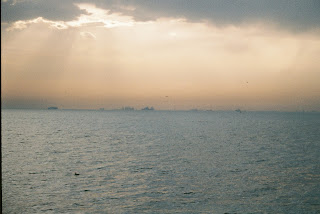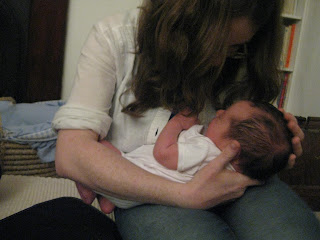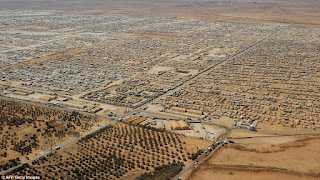Today he said he’d arrived.
He wrote the name of the city he’d got to on Facebook. And the applause, the baited breath being let off in reams and reams of relief, all in concise type, no more than a sentence long, spelt the following:
“Thank god, congratulations, God protect you”.
As if a baby had been born.
Reel it out a little more and you’d get:
The answer to “if you don’t hear from me, I’ve been arrested”
(either shot or drafted):
“You could have died last night, but instead, you ended up,
in the early hours, after hearing the grating voices of hundreds of soldiers at
dozens of check points, in another city. One choca-bloc with people like you.
Striving, wielding their above average university marks, hoping to convince someone
to pay them the cost of three meals a day to scale a building site’s
scaffolding without a helmet on”.
It’s understandable why the newspapers here focus on all
those characteristics which are supposed to make refugees more amenable to our
sympathies:
“Before the uprising, he lived a ‘normal’ life. He lived in
a nice house, had a four-wheel drive,
went out drinking on the weekends. And now, he’s in a Norwegian detention centre,
torture marks staining his back”. “They all have smart phones- but that doesn’t
mean they aren’t fleeing for their lives. It means they are more like us”.
And I know, the intentions of all this are commendable- like
everything else that attempts to emphasis the humanity of that faceless,
bodiless, thoughtless category that is “refugee”.
But it
also tells us something really worrying about the criteria we set for humanity.
As if people who had cold and desperate lives before the conflict, whose
struggle to scrape together a living was one of the main triggers of the
conflict in the first place, are less worthy of safety and harder to understand.
It also represents a sort of struggle to link the most
external aspects of a person’s lifestyle, whether they like Beethoven or
support Barcelona, whether they enjoy shopping, whether or not they drink, to
their morality. While at the same time we (rightly) scream that no government
should attempt to demarcate what free citizens do in their spare time as long
as it doesn’t hurt anyone else.



Comments
Post a Comment